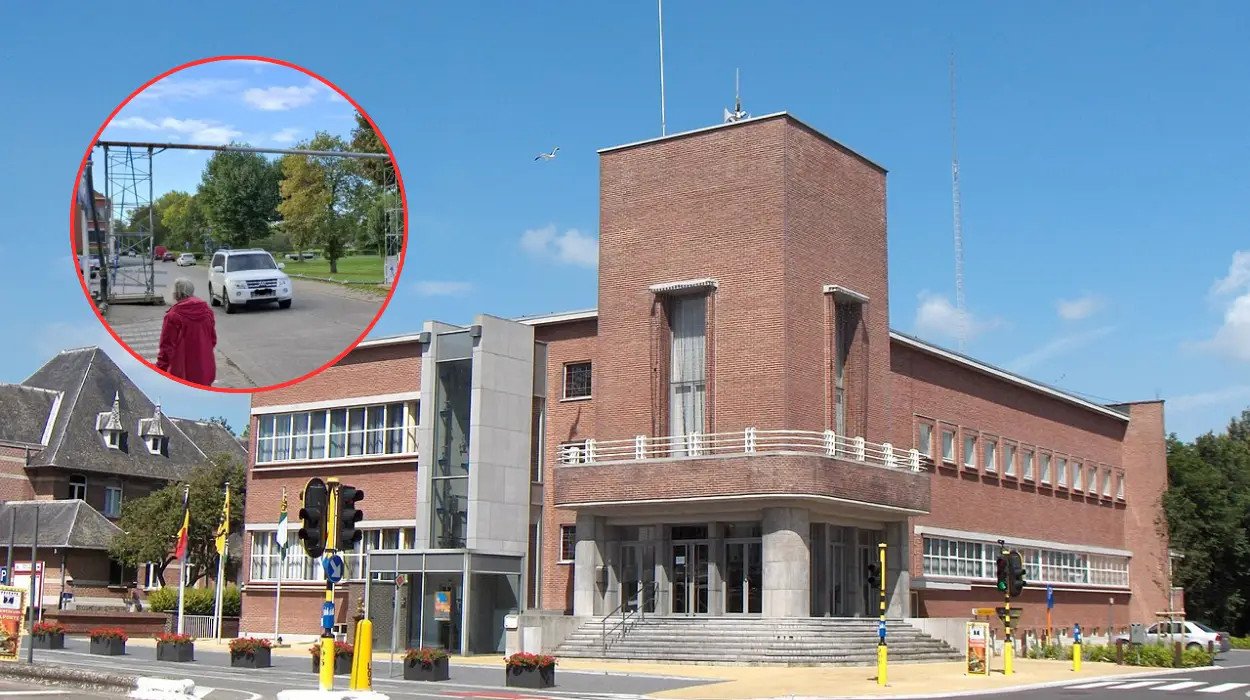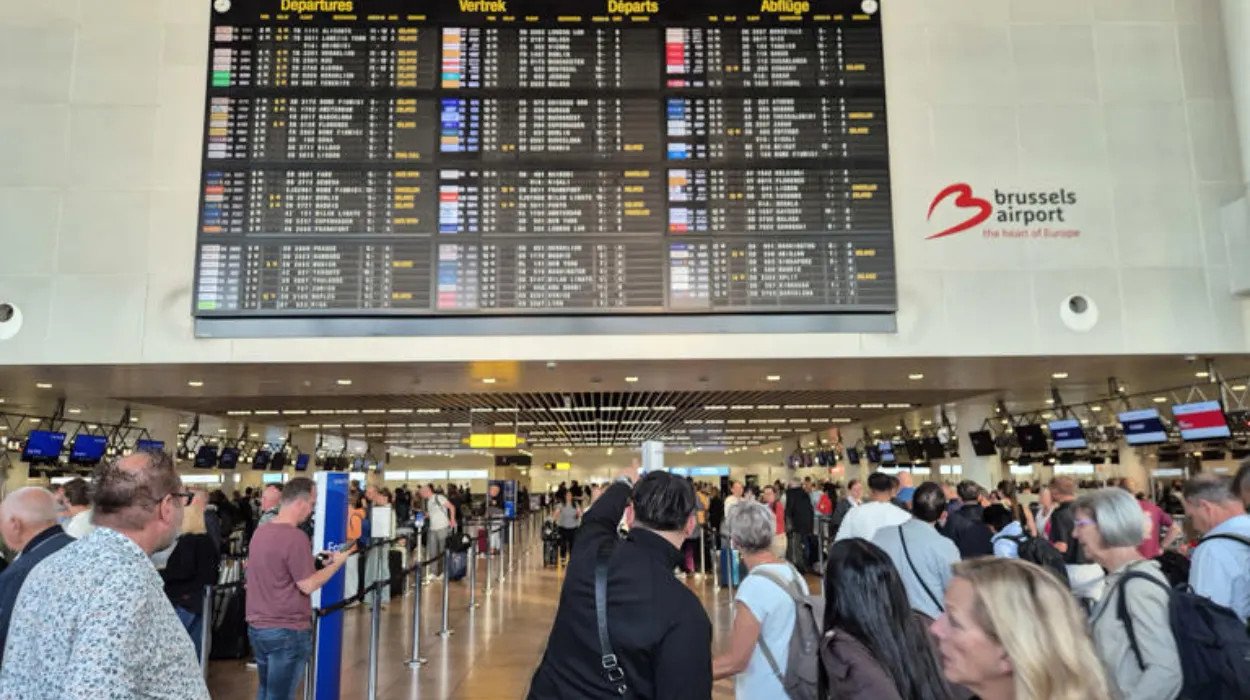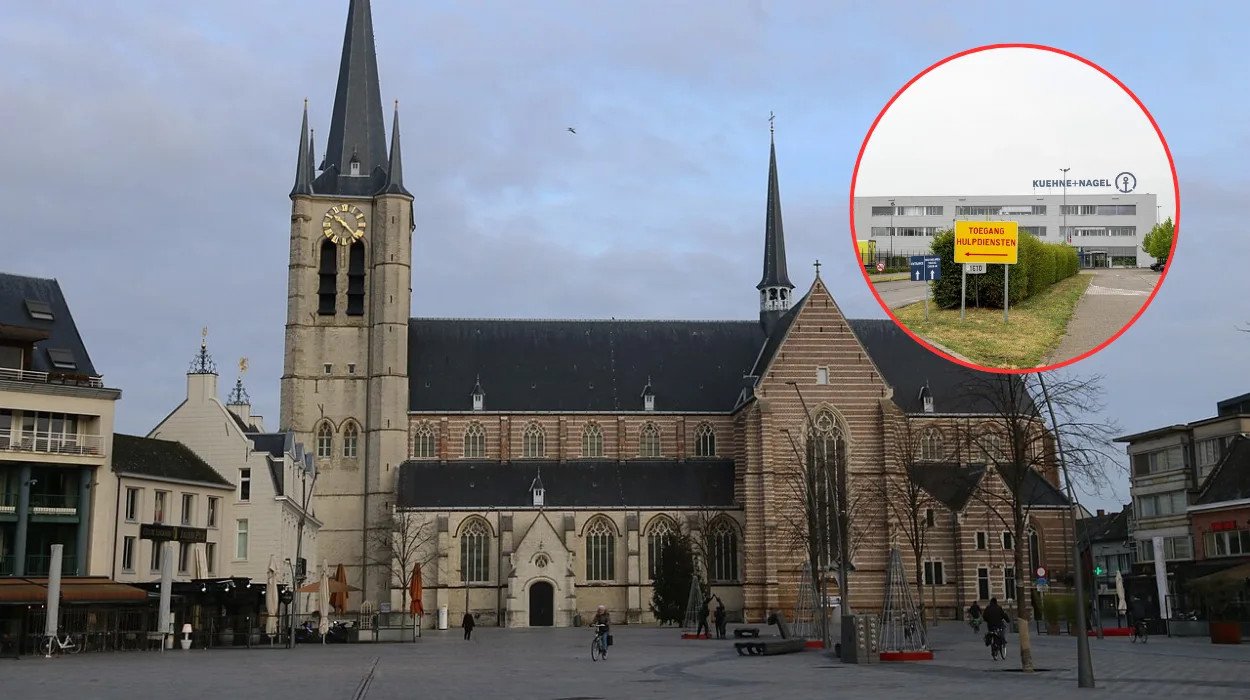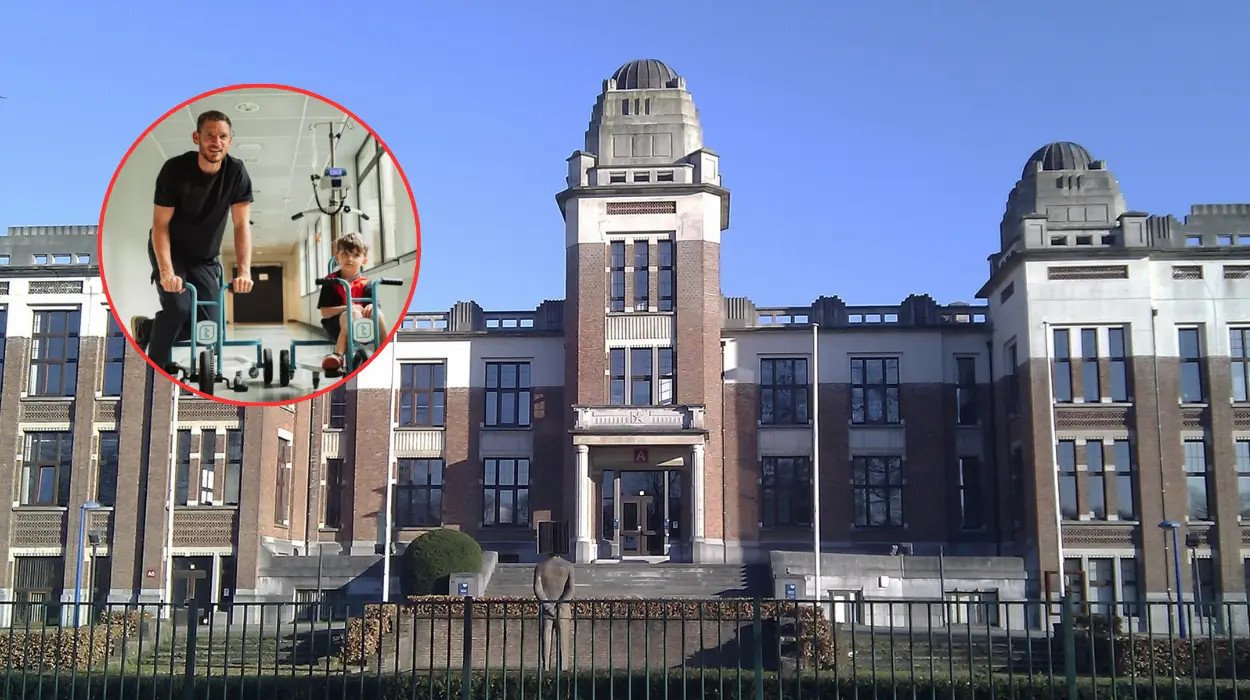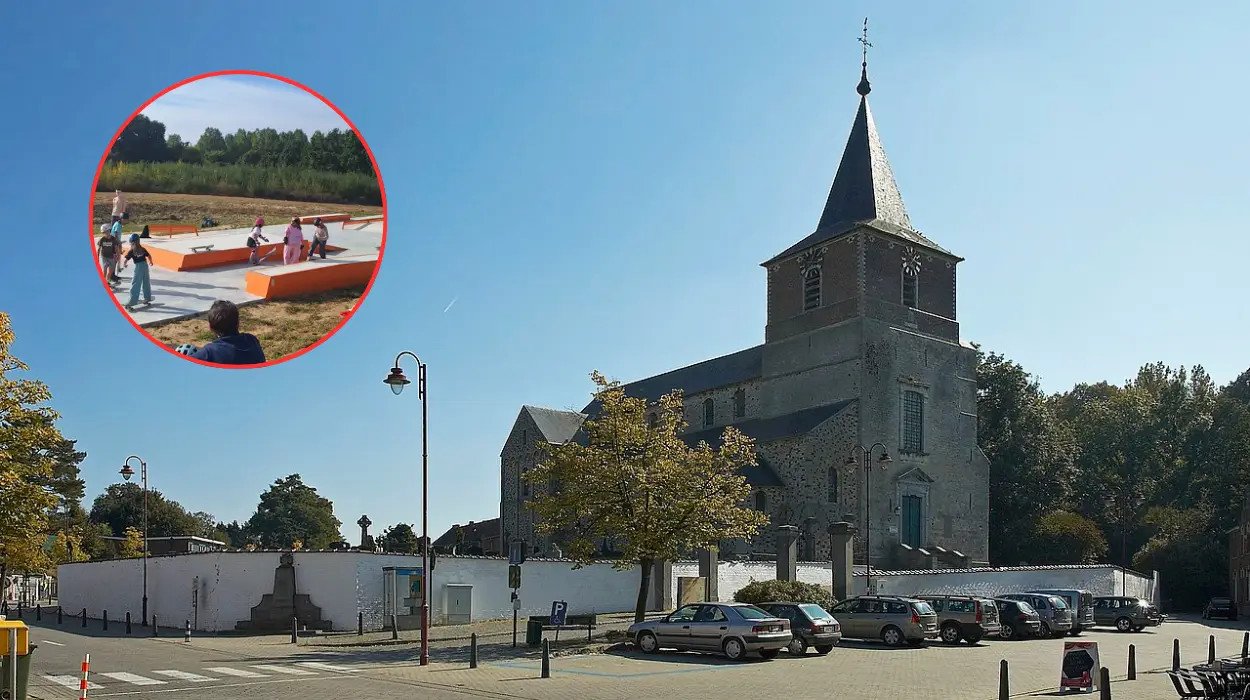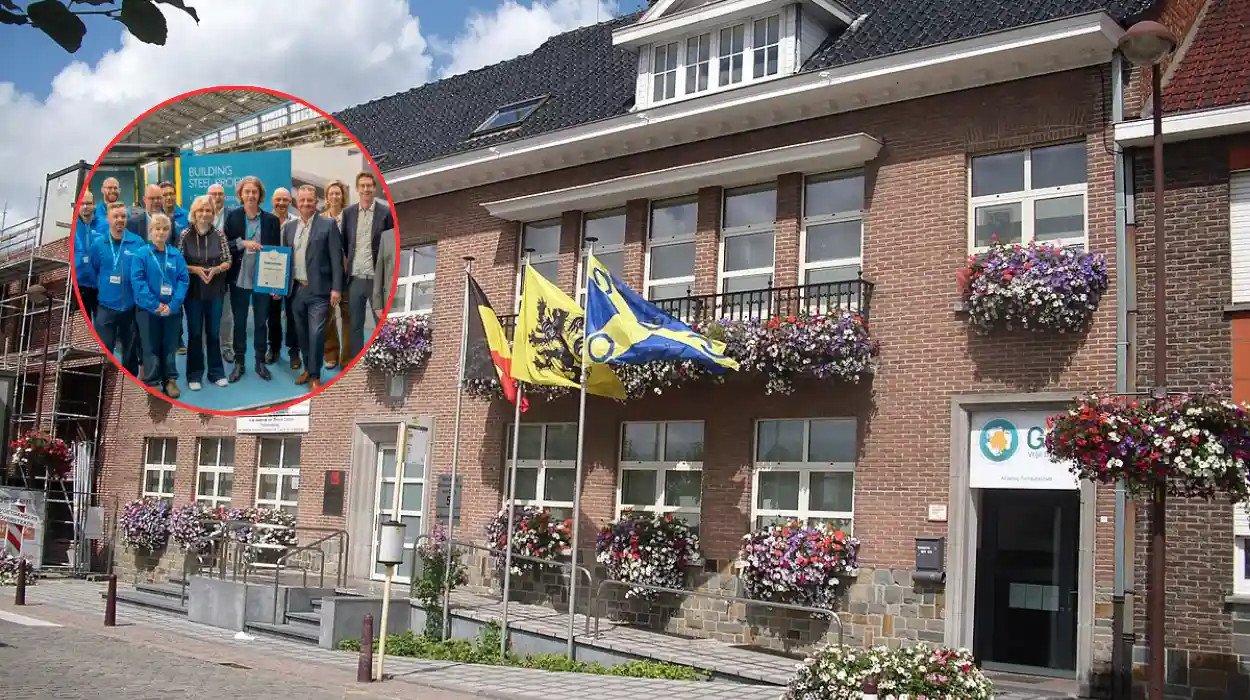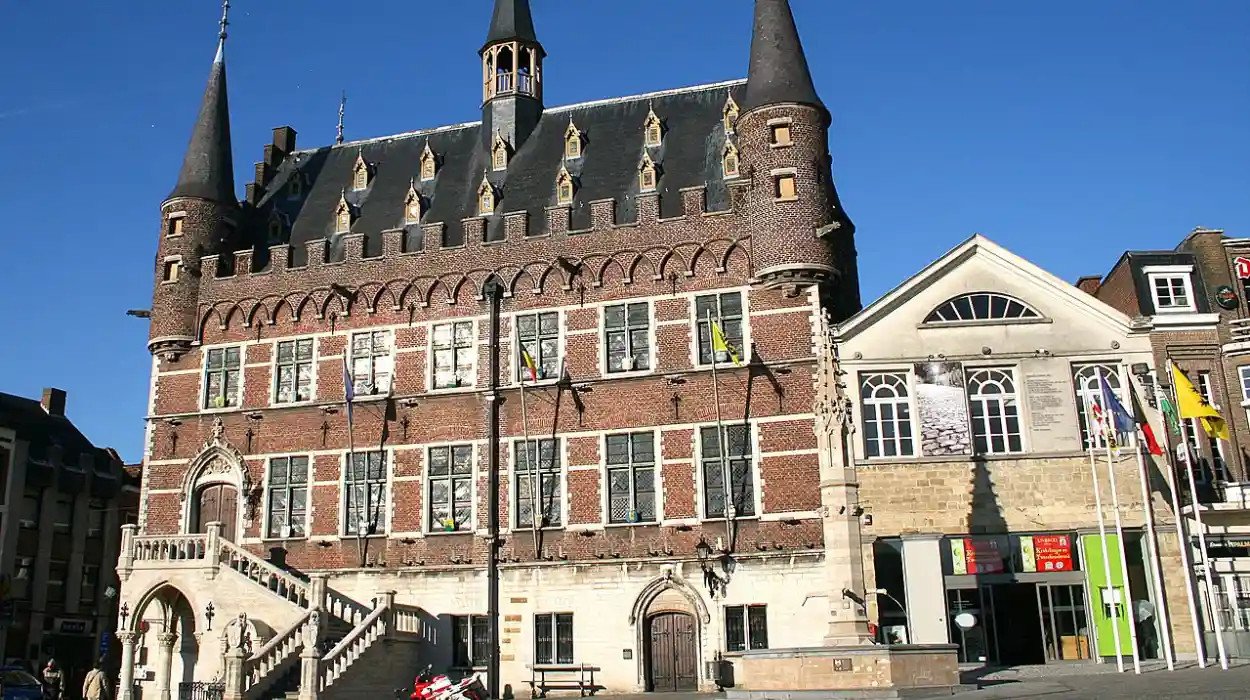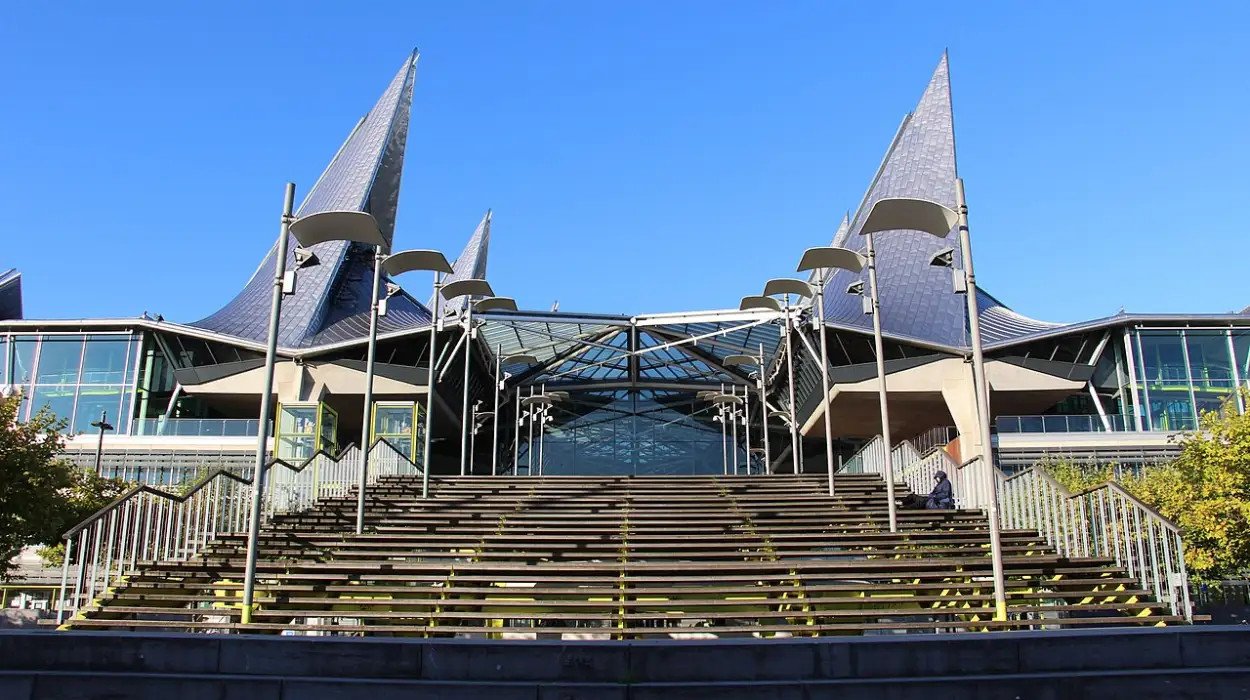Zelzate – Zelzate’s Wittouck redevelopment by Woonmaatschappij Meetjesland encompasses the construction of new homes and underground parking, with contaminated groundwater being treated and discharged via an above-ground pipeline under Aquafin and municipal supervision, reports 24brussels.
Located in the province of East Flanders, Belgium, Zelzate is initiating a major redevelopment project in the Wittouck neighbourhood that entails the demolition of old social housing to make way for new residential units. The plan includes 23 rental houses, 5 homes for sale, 37 apartments, and 48 underground parking spaces, alongside the construction of an underground parking garage.
To ensure safe construction, workers will lower the groundwater levels at the site. Pumps will be utilized to remove excess water, keeping the construction area dry and manageable.
Management of Contaminated Groundwater at Wittouck Redevelopment
Officials have pointed out that the site is facing another significant challenge. Soil and groundwater samples revealed the presence of hazardous substances such as PFAS, arsenic, and vinyl chloride. Thus, the pumped water cannot be discharged directly into the Ghent-Terneuzen Canal and must undergo cleaning first. The water will be subjected to filtration and various treatment processes to eliminate dangerous chemicals before it is released safely.
Even after purification, the treated groundwater from the Wittouck construction site cannot be disposed of directly into the sewer system, as sewer operator Aquafin permits only 15 cubic meters of water to enter the sewers per hour. However, the pumping process for the underground parking garage extracts nearly three times that volume from the wells. Discharging this water all at once would exceed the system’s capacity and potentially create significant problems.
Officials have examined alternative solutions for managing the groundwater, including options for letting it seep back into the ground through canals or wadis. However, spatial constraints on the site rendered those options unfeasible. The decided solution is the installation of an above-ground pipeline, which will transport the purified water to the Ghent-Terneuzen Canal. The alderman has confirmed that the pipeline will remain in place until at least the end of November 2025.
In 2025, numerous construction projects across Belgium grappled with similar issues related to contaminated groundwater. For instance, in Hamme, Besix undertook utility line work along an 800-meter stretch near the local fire station. With PFAS contamination present, a specialized purification system was established to clean the water before its safe release.
Additionally, that same year, a chemical production facility in Belgium detected PFAS in its groundwater during a piping replacement initiative. Testing revealed 4 micrograms per liter of PFAS, including 3.6 micrograms of PFOS, a concerning persistent chemical. Experts from DESOTEC were engaged to facilitate the removal and purification of these substances.
